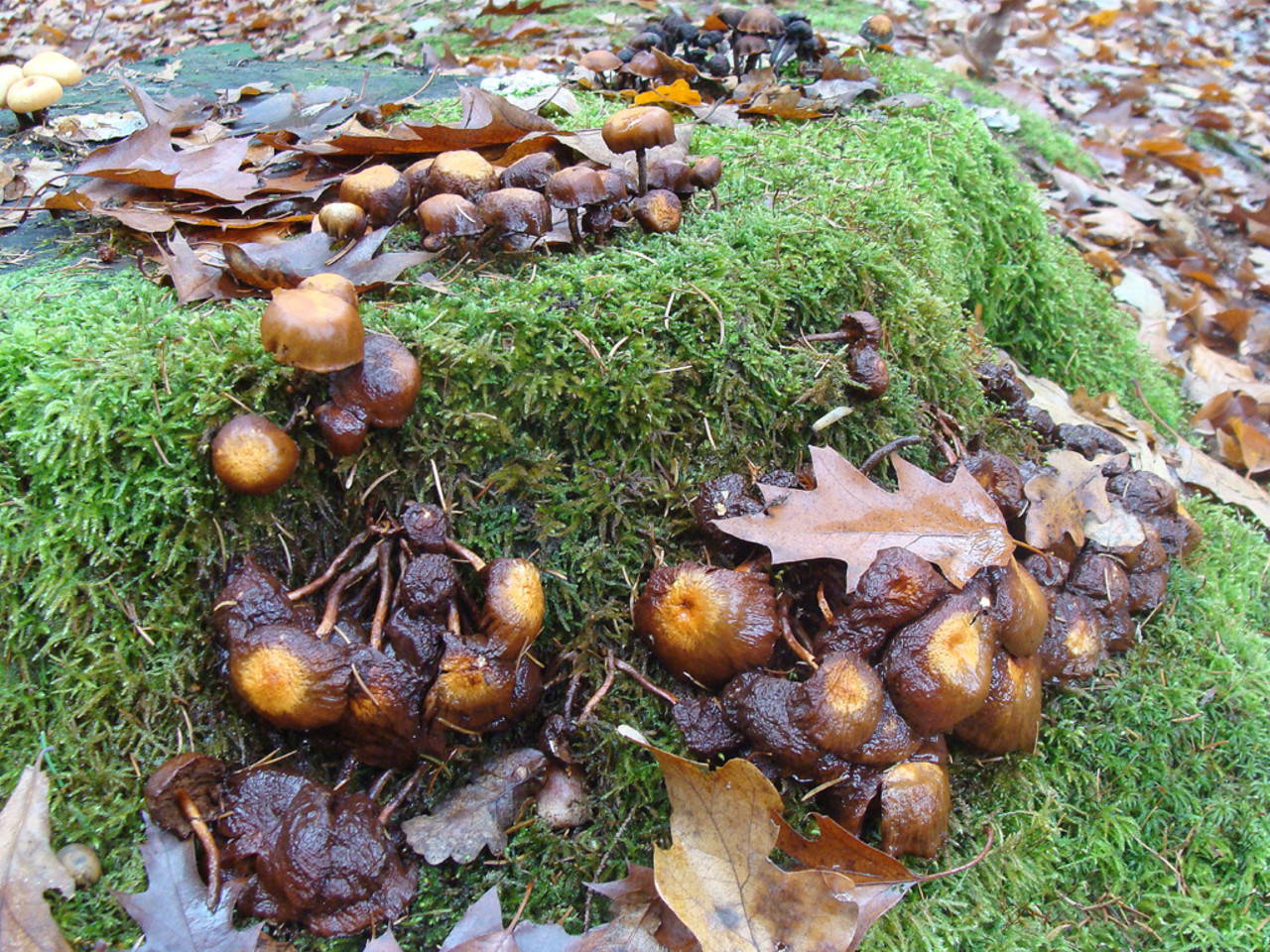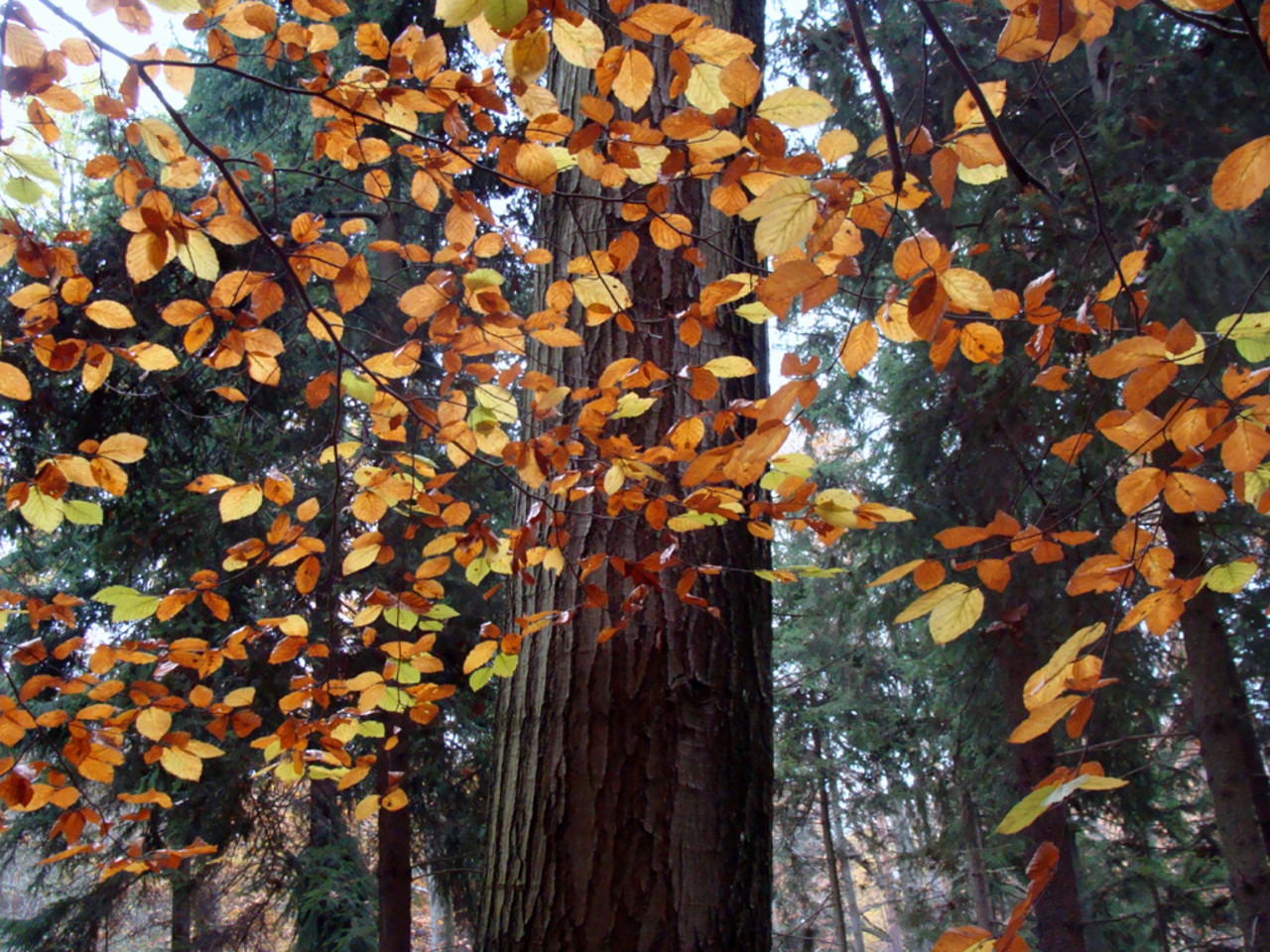Wine Tasting
페이지 정보

본문

Wine Tasting
What is the tasting process?
The tasting course of in wine tasting entails several key steps that assist consider and respect the complexities of wine. Here’s a breakdown of every stage:

1. Observation
Begin by inspecting the wine’s appearance. This includes:
- Color: Observe the hue, which may present perception into the age and type of the wine.
- Clarity: Look for any cloudiness or sediment.
- Viscosity: Swirl the wine and observe the legs that form on the glass; thicker legs may point out larger alcohol content or sweetness.
2. Swirling
Gently swirl the wine in the glass to aerate it, which reinforces its aromas. This motion encourages risky compounds to flee, enriching your sniffing experience.
3. Smelling
Bring the glass to your nostril and take a deep breath. Identify completely different aromas, which can vary from fruity, floral, spicy, to earthy. Think about:
- Intensity: How sturdy are the aromas?
- Complexity: Are there multiple layers of scents?
4. Tasting
Take a small sip of the wine and let it coat your palate. Focus on:
- Flavor: What flavors do you detect? Are they much like the aromas?
- Body: Is the wine light, medium, or full-bodied?
- Balance: Consider the connection between acidity, sweetness, tannins (in reds), and alcohol.
- Finish: Pay attention to the aftertaste; does it linger? What flavors remain?
5. Reflecting
Take a second to understand the general experience. Consider how the wine makes you are feeling and whether you would like to take pleasure in it again. Document your impressions if you’re tasting a number of wines!
Following these steps can improve your wine-tasting experience, permitting you to appreciate the intricacies of various varieties and kinds.
What is wine tasting session?
A wine tasting session is an organized occasion the place people can pattern and evaluate numerous wines. It is an opportunity to explore completely different wine varieties, understand their distinct flavors, and learn about the wine-making course of.
Key Components of a Wine Tasting Session
- Selection of Wines: A variety of wines are chosen for the tasting, typically specializing in a selected region, grape selection, or fashion.
- Tasting Techniques: Participants are guided on how to properly style wine, which incorporates trying, smelling, and sipping to investigate the wine’s characteristics.
- Food Pairings: Some periods may include food pairings, enhancing the tasting expertise by demonstrating how sure foods complement specific wines.
- Expert Guidance: Typically, a sommelier or wine expert leads the session, providing insights and answering questions about each wine.
Common Objectives of Wine Tasting
- To develop an appreciation for different wine styles and flavors.
- To educate participants about wine areas, grape varieties, and production strategies.
- To establish personal preferences for wines.
- To foster social interaction among participants through a shared experience.
Overall, a wine tasting session is each an academic and enjoyable occasion, perfect for wine fanatics and novices alike.
Is wine tasting formal?
Wine tasting can vary in formality relying on the setting and occasion. In some circumstances, it could be quite formal, happening in upscale environments where specific protocols are adopted. This might embody guided tastings led by sommeliers, with a concentrate on the wine's characteristics and pairing ideas.
On the opposite hand, wine tasting can also be an off-the-cuff expertise, corresponding to at festivals, informal gatherings, or house tastings with pals. In these situations, the emphasis is commonly extra on enjoyment and exploration quite than strict rules.
Formal Wine Tasting
In a formal wine tasting, individuals may costume up, adhere to a schedule, and take part in structured evaluations of different wines. The use of particular terminology and the presence of a facilitator is widespread. Tasting notes could additionally be taken, and meals pairings are often included to enhance the expertise.
Casual Wine Tasting
Conversely, casual wine tasting allows for extra flexibility. Participants might merely pour and 유흥사이트 (Recommended Webpage) sip with none predefined construction or tips. Discussions could additionally be casual, focusing on private preferences and experiences rather than technical particulars.
Ultimately, whether or not a wine tasting is formal or casual can depend on the context and the preferences of those concerned.
- 이전글Profesyonel Sevişen Diyarbakır Escort Bayanları 24.11.26
- 다음글Çünkü Sevgili Tadında Beraberlik 24.11.26
댓글목록
등록된 댓글이 없습니다.

